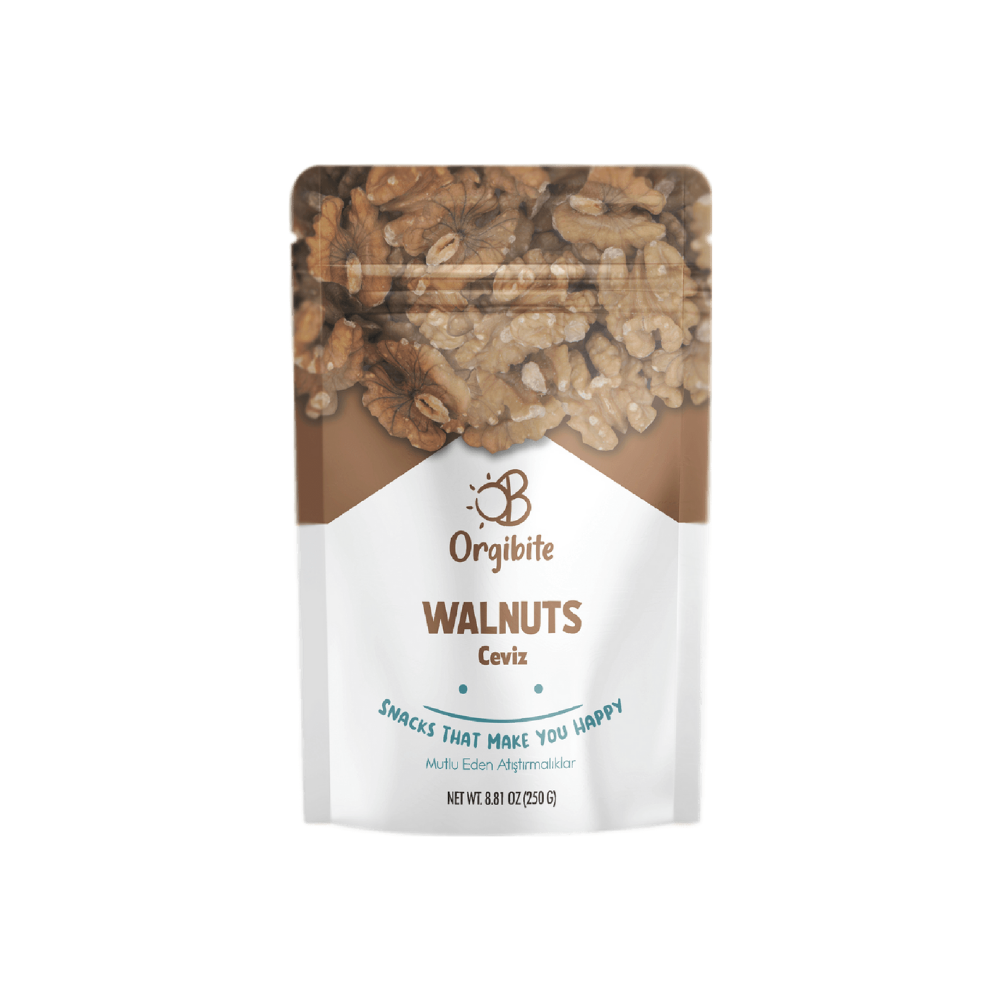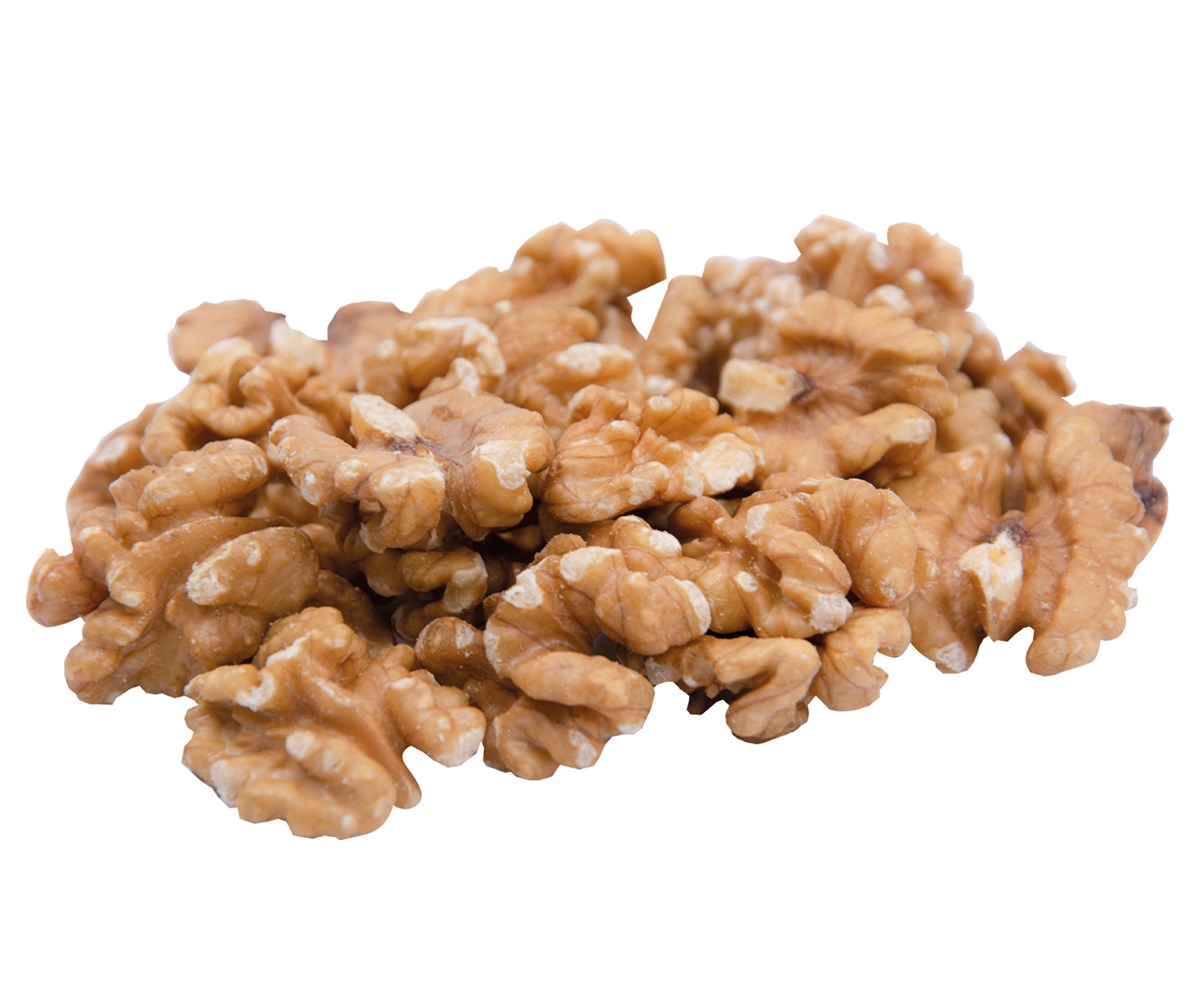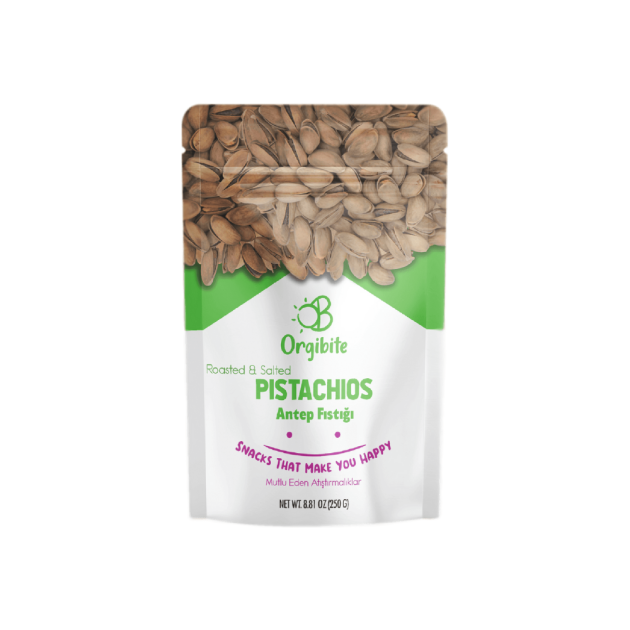Description
Walnuts are considered a superfood because they contain healthy fats and fibre, vitamins, and minerals. Due to their flavour, walnuts are among the preferable oil seeds. Walnuts, classified as seeds, have numerous beneficial effects on the body. Regular consumption enhances the immune system, improves the skin, and inhibits wrinkle formation. Melatonin facilitates slumber by increasing its blood concentration. Due to the presence of melatonin and polyphenol compounds, it possesses a powerful antioxidant effect.
Walnut 250 gr
Walnut is a fruit that grows on trees and has a distinctive odour. The production of walnuts dates back to antiquity, and their use in alternative medicine is prevalent. It is known to provide 85% of the omega-3 fatty acid requirements of the body. Walnut’s thick body and reputation as a complete source of healing from its tree to its branches and foliage make it a popular choice for furniture construction.
In our country, it is typically cultivated in the Aegean, Southeastern Anatolia, and Black Sea regions. Among other nuts, walnuts are the most nutritious because they contain folic acid, vitamin E, iron, phosphorus, magnesium, potassium, zinc, and omega-3 fatty acids. According to research, it enhances memory and is beneficial for various diseases, from cardiovascular to ocular diseases. Therefore, it is advised to store walnut shells in water and ingest them frequently.
Benefıts for Health
– May Help Prevent Depression
A nutritious diet can protect against depression. Since a deficiency in omega-3 fatty acids always predisposes individuals to depression, walnuts can protect against this condition.
– Helps Boost Memory
Walnuts are abundant in high-quality fatty acids due to the presence of omega-3 and omega-6 fatty acids. These can aid in improving memory and cognitive function. It confers the capacity to recall the walnut-shaped structure of the brain. It safeguards mental health effectively. A motor function may benefit from the presence of omega-3 fatty acids.
– Effective Against Cancer
Among nuts, walnuts have the greatest concentration of antioxidants. It is believed that this property of walnuts prevents the progression of breast and prostate malignancies.
– Provides Weight Control
Walnuts are a filling food because they contain fibre, protein, and fat. Therefore, walnuts are innately nutritious. It distinguishes this nut from most low-calorie treats and other packaged products. In a “sweet crisis,” hazelnuts containing B-complex vitamins can be ingested as a sugar substitute to boost energy levels. In a national study conducted in the United States, a half-serving increase in daily consumption of nuts (walnuts, almonds, etc.) was associated with a decreased risk of obesity and weight maintenance and loss. As a healthy refreshment, yoghurt and walnuts can be combined. A fistful of walnuts provides 10% of the daily energy requirement. Although it is a nutritious oil, it should be consumed with caution.
– Protects Bone Health
Severe copper deficiency is associated with low bone mineral density and an increased risk of osteoporosis (bone loss), increasing bone fragility. Walnuts contain an abundance of copper. Copper is also essential for maintaining collagen and elastin, which are necessary for connective tissue. Consequently, the body can produce collagen, the principal constituent of connective tissue and bone. It is known that the minerals manganese, calcium, and copper found in walnuts help prevent osteoporosis. Magnesium promotes bone formation by facilitating calcium absorption in bone tissue.
-Advantages of Walnuts During Pregnancy
The B vitamins found in unsalted, roasted walnuts benefit foetal development during pregnancy. A study published in the European Journal of Epidemiology found that eating nuts, including walnuts, during the first trimester of pregnancy positively influenced the child’s neurodevelopment. This topic remains the subject of ongoing investigation. Pregnant women must consume the quantity of walnuts prescribed by their physician.
– What is the Importance of Walnuts in Relationship with Cholesterol?
According to research conducted in the United States, Australia, New Zealand, and Spain, consuming two to three walnuts daily reduces the risk of coronary heart disease by lowering cholesterol levels. Walnuts, which contain polyunsaturated fat, contain alpha-linolenic and linolenic acid, which positively impact blood lipids, which are good for blood vessels and prevent them from having an anti-inflammatory effect. If you have a history of cardiovascular disease in your family and have yet to consume walnuts, you should consider doing so. The fact that walnuts lower poor cholesterol (LDL), triglycerides, and cholesterol also prevents cardiovascular diseases and risks such as heart attack and stroke.
Nutrıtıon Facts (28g)
Calories: 180
Total Fat: 18g / 23%
Saturated Fat: 1.5g / 9%
Polyunsaturated Fat: 13g
Monounsaturated Fat: 2.59
Cholesterol: 0g / 0%
Sodium: 0mg / 0%
Total Carbonhydrate: 49 / 1%
Dietary Fiber: 29g / 7%
Total Sugar: <1g
Added Sugars: 0g / 0%
Protein: 4g
Vitamin D: 0mcg / 0%
Calcium: 30mg / 2%
Iron: 0.8mg / 4%
Potasium: 120mg / 2%
WARNING: Small children can choke on nuts.
Storage: Please keep in a cool and dry place.









